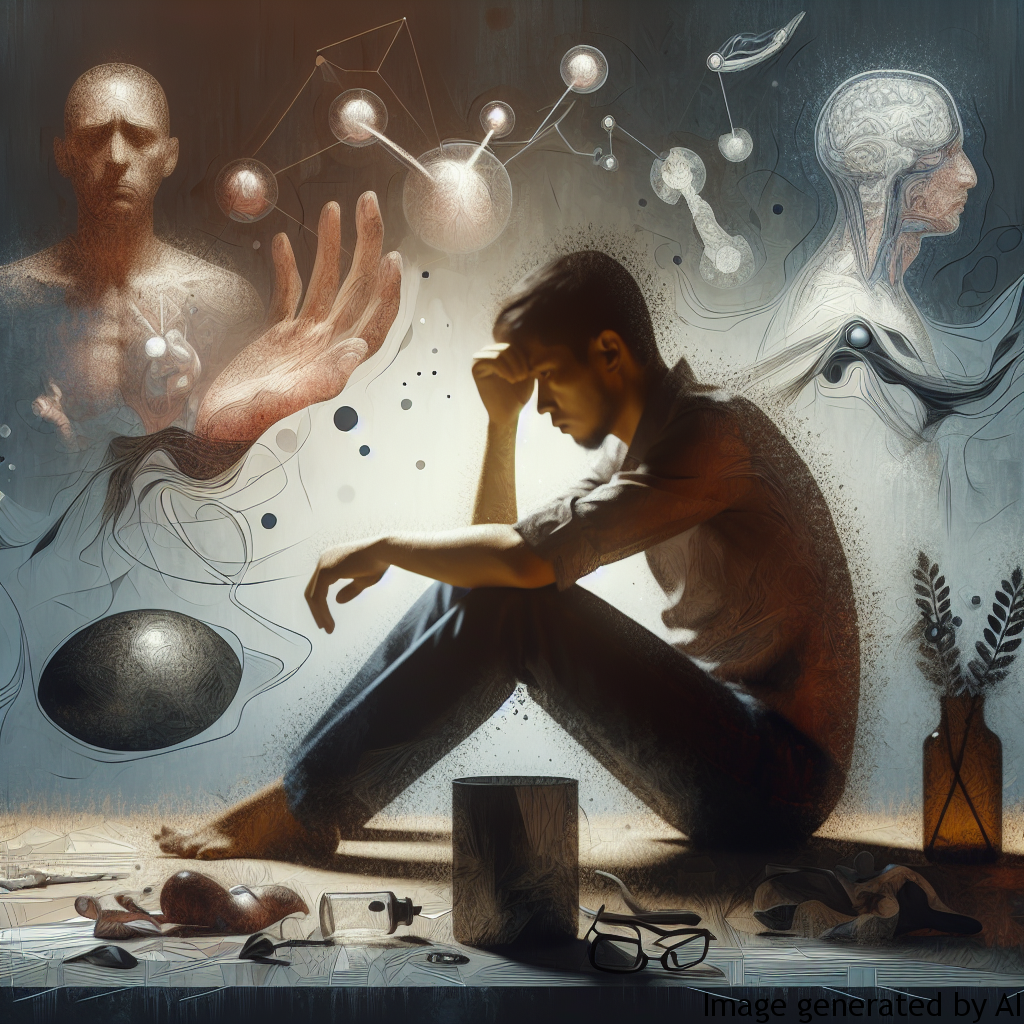Introduction
Male impotence, medically known as erectile dysfunction, is a health condition that can significantly impair a man’s quality of life. Although sometimes underappreciated, the emotional consequences of this condition can be as debilitating as the physical ones. In a society with set gender roles and expectations, men are viewed as being virile, always ready and able to perform sexually. Men’s perceived failure to meet these expectations, such as when they face impotence, can lead to profound psychological distress and emotional turmoil.
Description of Gender Expectations and Their Impact on Men’s Mental Health
Gender stereotypes and conditioning
From a young age, boys are conditioned to observe culturally inclined gender roles. Society bestows upon them the pressure to be stoic, assertive, and sexually potent. Any deviation from these set gender norms can make them feel inadequate or inferior.
Impotence and diminished masculinity
Impotence can be perceived as a loss of masculinity, which intensifies feelings of insecurity and self-doubt. This perception arises from the stereotype that associates men’s worth and masculinity with their sexual prowess. When a man can’t perform sexually, it may lead him to question his worth, specifically, his masculine identity, triggering emotional distress.
Examples of How Gender Roles Can Influence Men’s Lives
Growing up entrenched in gender norms, men learn to view emotional vulnerability as a weakness. They learn to hide their emotional pain in fear of appearing weak or being judged. When faced with impotence, this ingrained societal pressure can discourage them from seeking help, leading to intensified feelings of isolation, shame, and anxiety.
Moreover, the perceived loss of masculinity caused by impotence can result in severe mental health issues, like depression and anxiety disorders. It can also strain romantic relationships, threaten self-esteem, and lead to performance anxiety, further exacerbating the problem.
Tips for Improving Mental Health Considering Gender Roles
Creating a robust support system characterized by openness, understanding, and empathy is crucial in assisting men struggling with impotence. It serves to restore self-confidence, alleviate emotional distress, and encourage them to seek professional help.
Therapy, counseling, and in some instances, medication, can provide essential emotional support and help in addressing the root causes of impotence. Encouraging open discussions about gender roles and challenging their stereotypes can also pave the way for improved mental well-being.
Conclusion
While physical issues associated with male impotence are unmistakable, the associated emotional consequences often go unnoticed or dismissed. Recognizing and addressing the importance of men’s emotional health in the context of impotence is crucial for holistic healing. By understanding the impact of societal norms on men’s health, we can create supportive environments where men can express their vulnerabilities without judgment and seek the help they need to regain their physical and emotional well-being.

